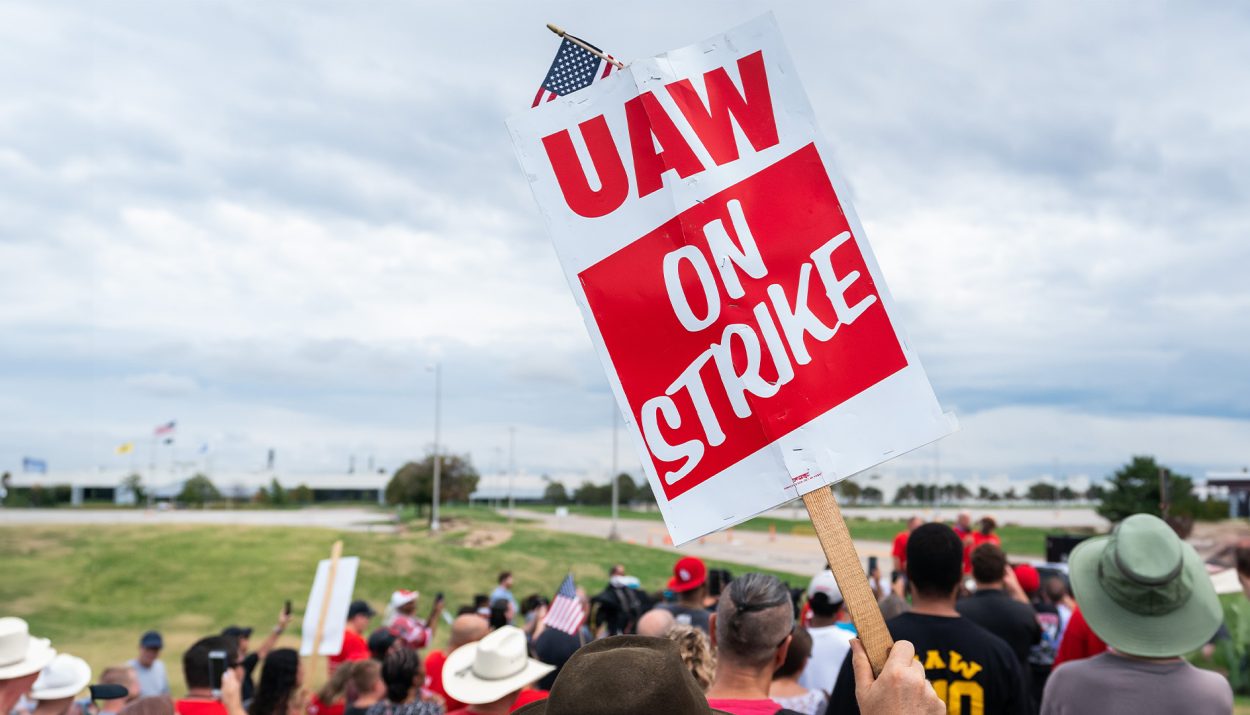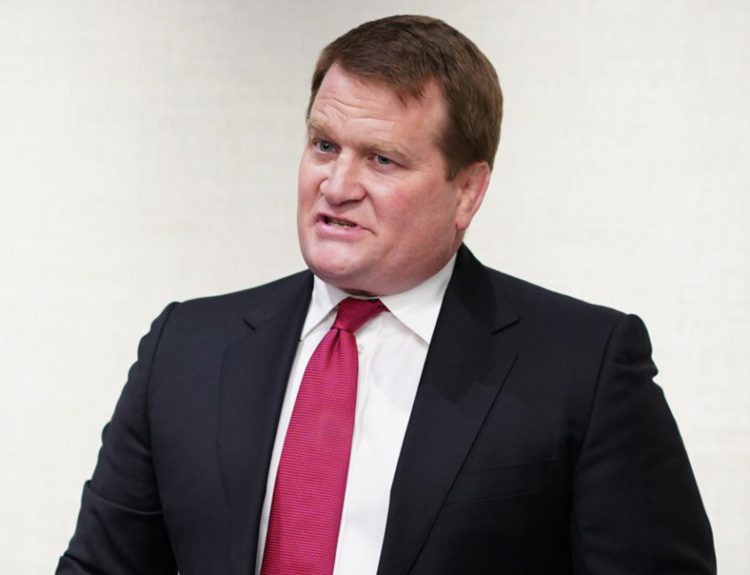The proposed Kentucky bill to cancel work break rights has caused a fierce debate, stirring concerns on the essence of worker rights and workplace safety. The bill, HB 500, is at the center of much contention, with critics warning of potential risks to the well-being of employees.
Kentucky House Bill 500 which was recently passed by a House of Representatives’ Small Business and Information Technology Committee – a 9-4 vote- is proceeding to the House floor for a full chamber vote.
Kentucky GOP Bill Challenges Worker Breaks
Kenn R-Georgetown is the committee chairman. He’s also the owner of a landscaping business called Pratt’s Lawn and Landscape. The bill which has support from Republicans in Kentucky will allow employers to stop giving workers “reasonable” lunch or rest breaks.
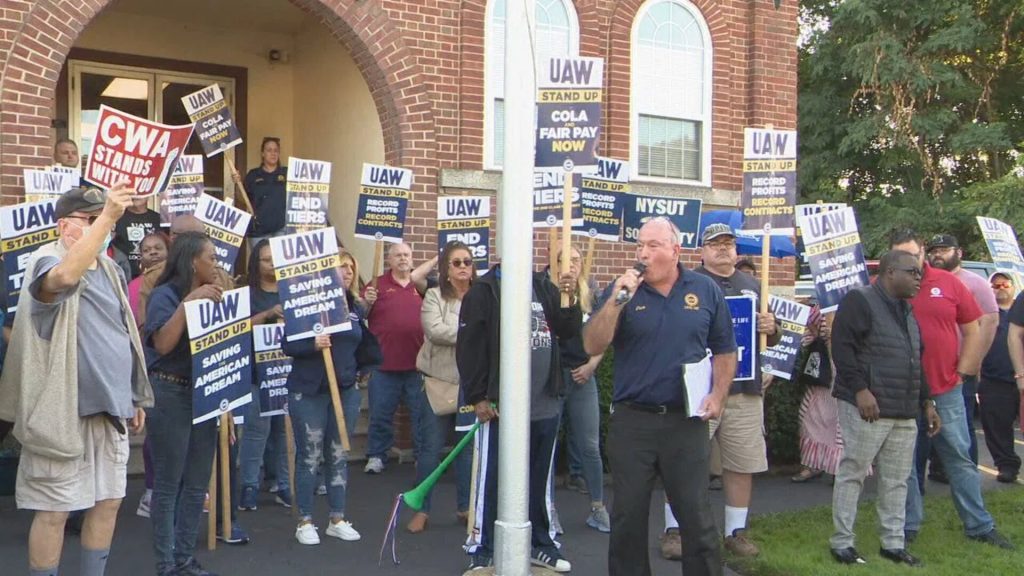
The bill will stop the state’s rules that force lunch breaks after three to five hours of work and rest breaks every four hours.
Wage And Overtime Exemptions
Additionally, the bill will protect employers from penalties for not paying employees minimum wage or overtime for time spent commuting to and from work.
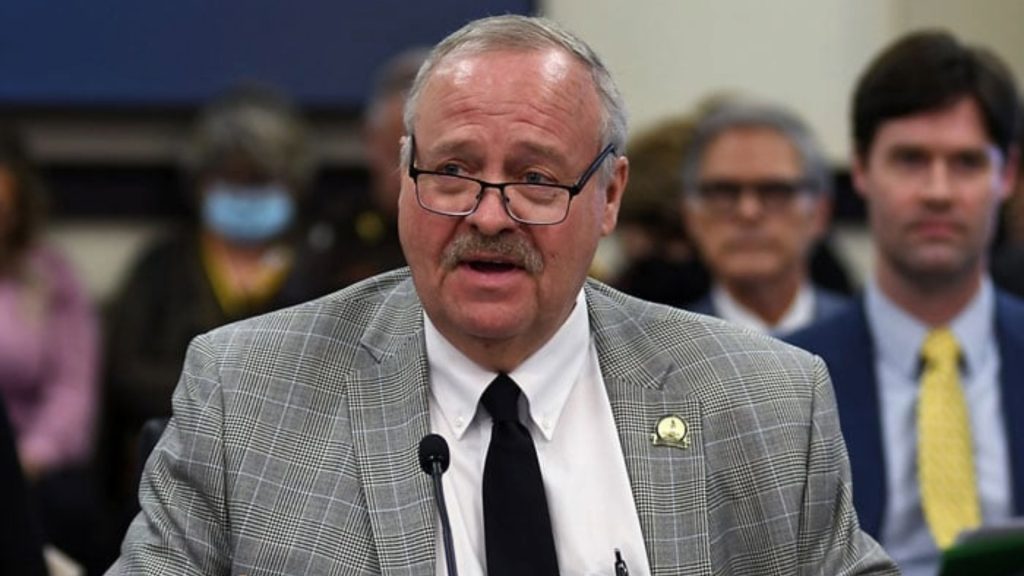
It will also shield employers from consequences for not compensating workers with minimum wage or overtime for tasks performed before or after their regular work duties.
Bill Scraps Overtime Rule; Clarifies Break Laws
The bill will also put an end to a state requirement that forces employers to pay overtime for work done on the seventh consecutive day for employees working at least 40 hours a week.

Pratt explained to them that the bill would help businesses see the differences between state and federal laws regarding lunch and rest breaks.
Federal Law Omits Break Mandates: Pratt
He mentioned that federal law doesn’t make it compulsory for employers to provide lunch or rest breaks, and only short rest breaks up to 20 minutes, if given by an employer, are considered as part of the work time.

“You have federal law which says you must do this, then you have state law says you got to do that. And to run afoul of them becomes very easily, very unintentionally,” Pratt said.
Labor Groups Oppose Bill
However, labor groups like the Kentucky State AFL-CIO and officials from the Kentucky Education and Labor Cabinet are strongly against the bill.
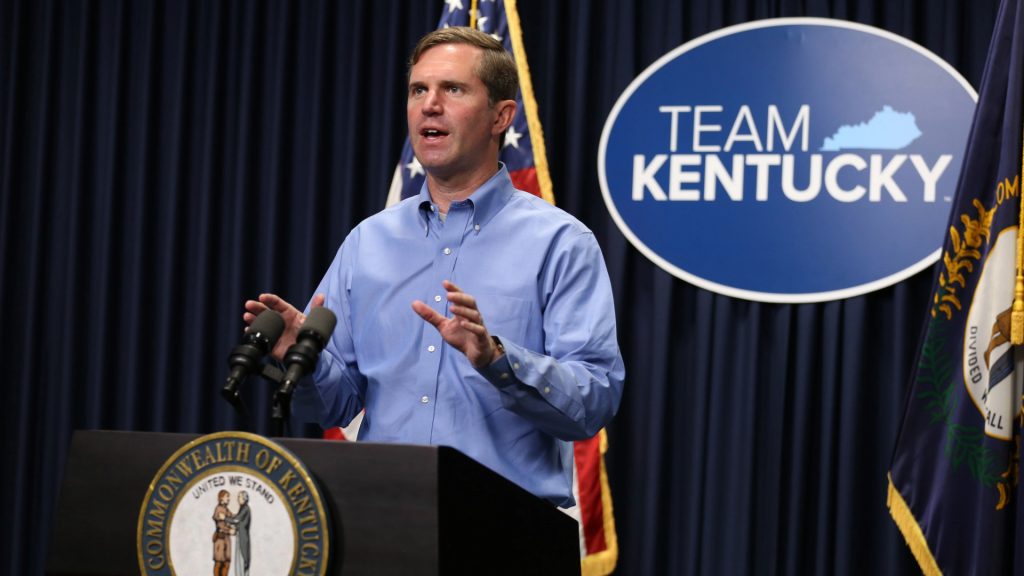
They fear that it could undermine important wage and workplace protections that have been in place for Kentucky workers for a long time. Despite some Republicans expressing concerns about these issues, the GOP-controlled committee passed HB 500 along party lines.
Policy Director Opposes Bill
Dustin Pugel, policy director at the progressive think tank Kentucky Center for Economic Policy, commented that the bill will make employers choose whether to provide employees with a lunch break or “force workers to juggle eating while on the job.”

“We as a state put these protections in place for a reason. And those reasons have not changed since then,” Pugel said.
Removing Protections Risks Worker Safety
Pugel added that removing these protections will make work more tasking as workers wouldn’t have enough time for meals and rest. As a result, you can expect workers to rush and skip regular safety measures before their shifts start.

Pugel mentioned that the bill might mean workers wouldn’t get paid for tasks like putting on hazmat suits or checking school buses before driving.
Kentucky Official Warns Of Workplace Standards Erosion
Duane Hammons, director for the Kentucky Division of Wages and Hours, reportedly told the committee that the government is concerned about “the potential erosion” of “critical” workplace standards that have been in state law for decades, one of the laws since 1958.

“These decade-long standards we have are in place for our safety, mental and physical health of all Kentucky workers,” Hammons said.
Democrats And Labor Groups Challenge Bill
The few Democrats on the committee who voted against the bill were of the same opinion as the many labor groups that were against it. Representative Rachel Roberts, a Democrat from Newport, asked Pratt if he had talked to the Labor and Education Cabinet, labor groups, or his own employees about the bill.

Pratt responded that he was offended by any suggestion that he introduced the bill for personal gain. He explained that the Labor and Education Cabinet contacted him too late on Tuesday afternoon to discuss the bill, which was “a tad bit short notice.” “I did it because of businesses in Kentucky, to help them – not myself,” Pratt said.
Lawmakers Debate Risky Labor Law Changes
Roberts described HB 500 as a “very risky piece of legislation” that could cause more mistakes in demanding jobs like first responders. “What this is doing is asking our constituents to work harder and longer for less pay,” Roberts said. “That less pay will lead to less payroll taxes.”
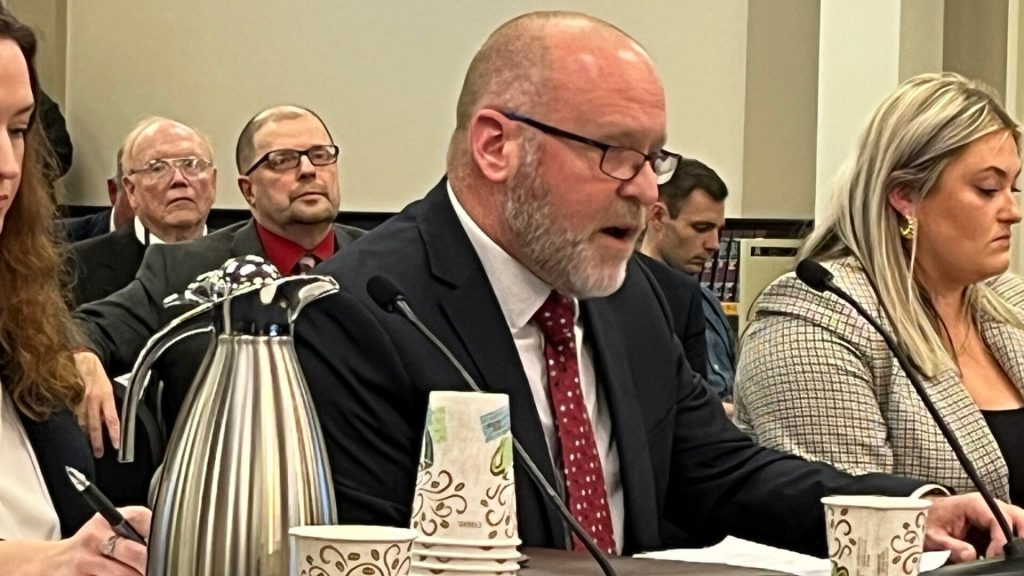
Earlier this month, Pratt introduced a controversial bill that relaxes child labor laws, which the Kentucky House of Representatives has already endorsed. This bill allows some teenagers to work longer and later hours than they are currently allowed to by state law.
Pratt Defends Bill Alignment With Federal Law
After the committee approved his bill, Pratt told reporters that its aim is to align state law with federal law. He dismissed critics’ suggestions as “absurd” that employers, especially in today’s job market with many vacancies, wouldn’t provide lunch breaks to employees.

Pratt refused to reveal the names of the companies that requested the measures in HB 500. He mentioned that they preferred to stay hidden.
Dotson Voices Concerns Despite Voting Approval
Representative Ryan Dotson expressed concerns about potential unintended consequences that could harm first responders and firefighters but still voted in support of the bill.

Pratt assured reporters that any unplanned consequences in the bill would be sorted out. “Bills always have unintended consequences,” Pratt said. “We’ll try our best to make sure this does not have unintended consequences.”
Attorney Criticises Bill As Unfair To Employees
The bill received backlash from Michele Henry, a Louisville attorney who is into employment law at Craig Henry PLC. She told the Herald-Leader that the rule is “simply unfair to employees who are spending eight or more hours a day at the workplace.”

Henry said that employees should have some time off for eating and engaging in other activities. She added that removing breaks increases the risk of injuries and burnout.

